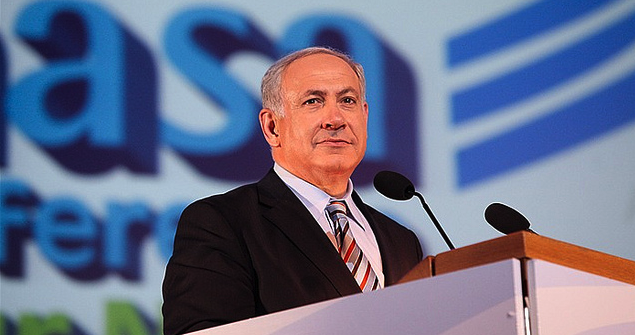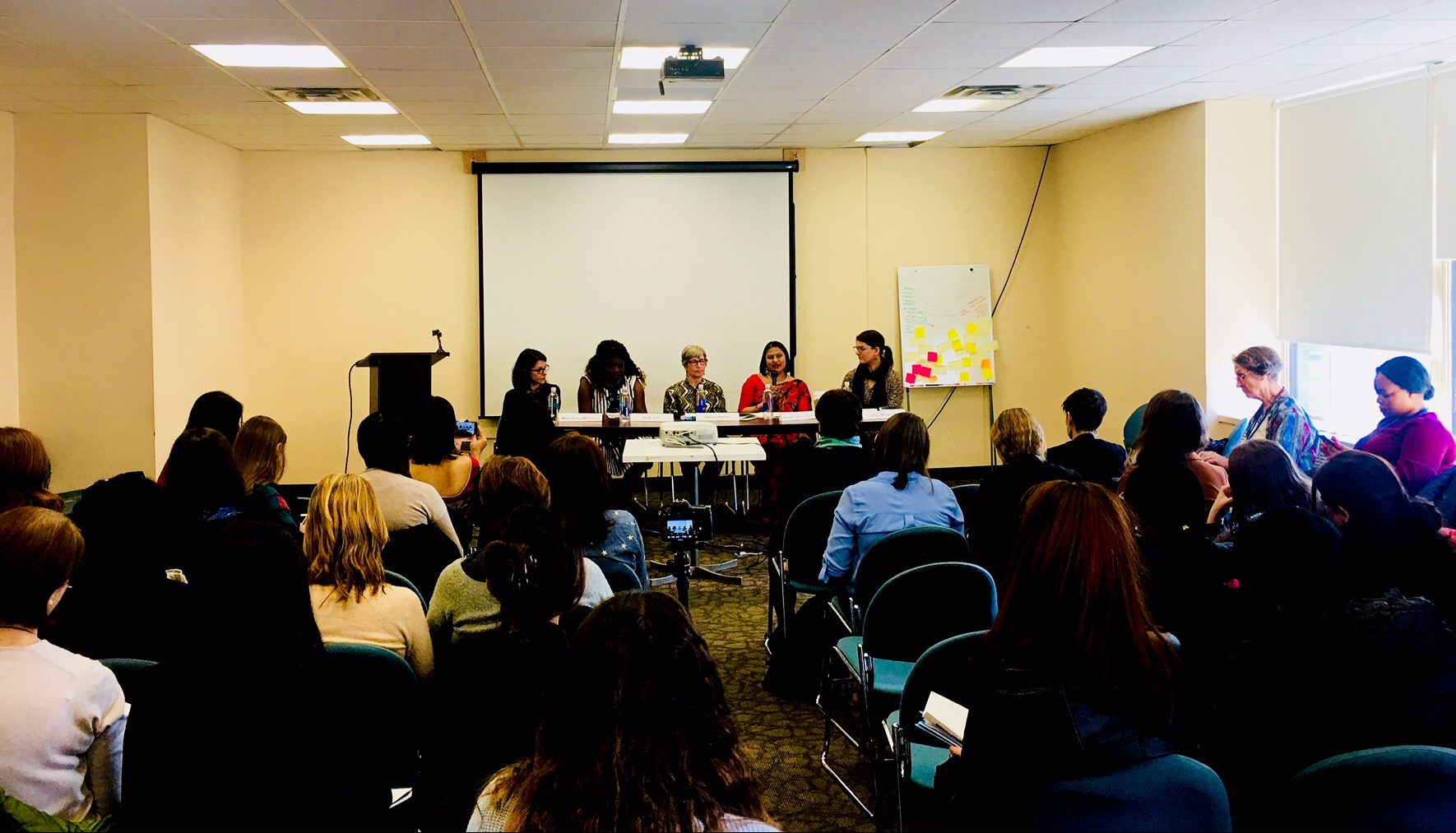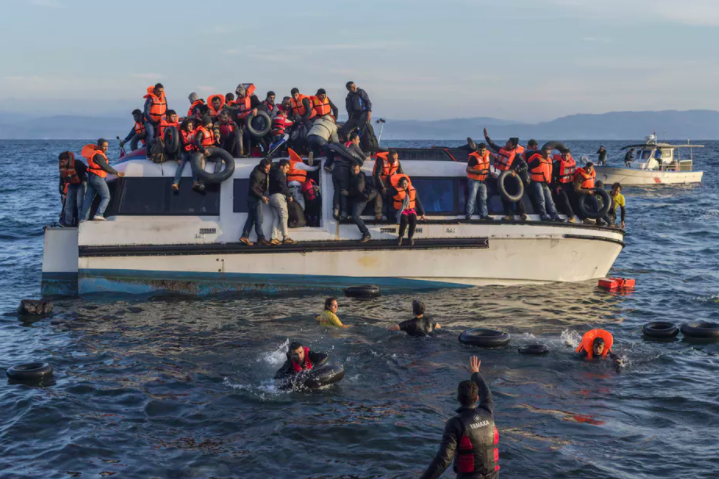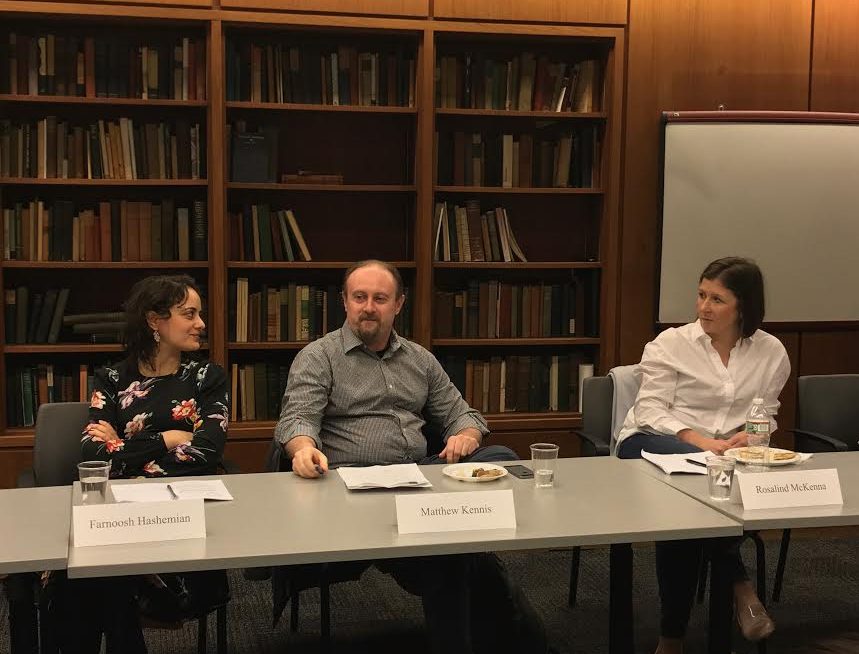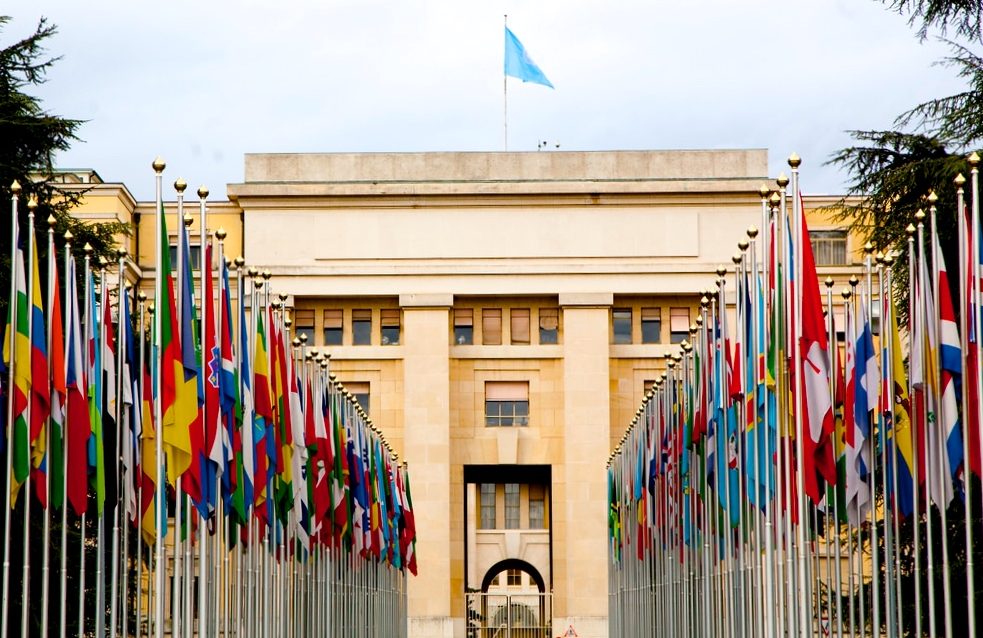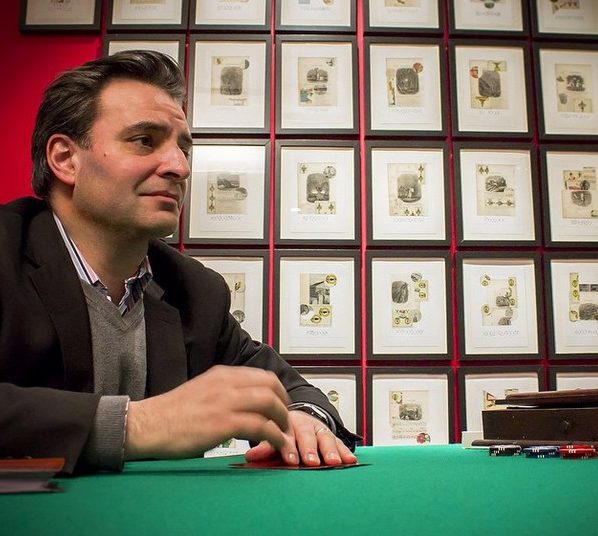
Art/Law and Human Rights: Dialogues on Being Human
Dakota Porter is a MA student in Human Rights Studies at Columbia University
On April 9, Columbia Law School hosted visiting professor Amal Clooney in conversation with the High Commissioner for Human Rights, Zeid Ra’ad Al Hussein, for a discussion on the international legal projects of the United Nations. That same day, in a small space on the 24th floor of a Chinatown office building, artist and educator Pablo Helguera gave a talk with legal scholar and human rights activist Alicia Ely Yamin at Artsy, an organization at the intersection of art and technology.
The conversation between Clooney and the High Commissioner was both realistic (read: frank) and hopeful, but coverage is also due to a topic still fairly under-documented in the field: the relationship between arts, human rights and law.
During the discussion at Artsy, Helguera, a New York-based Mexican artist and museum educator at MoMA, introduced his work, followed by an interrogation of his subject matter and processes with Yamin, a professor at...

